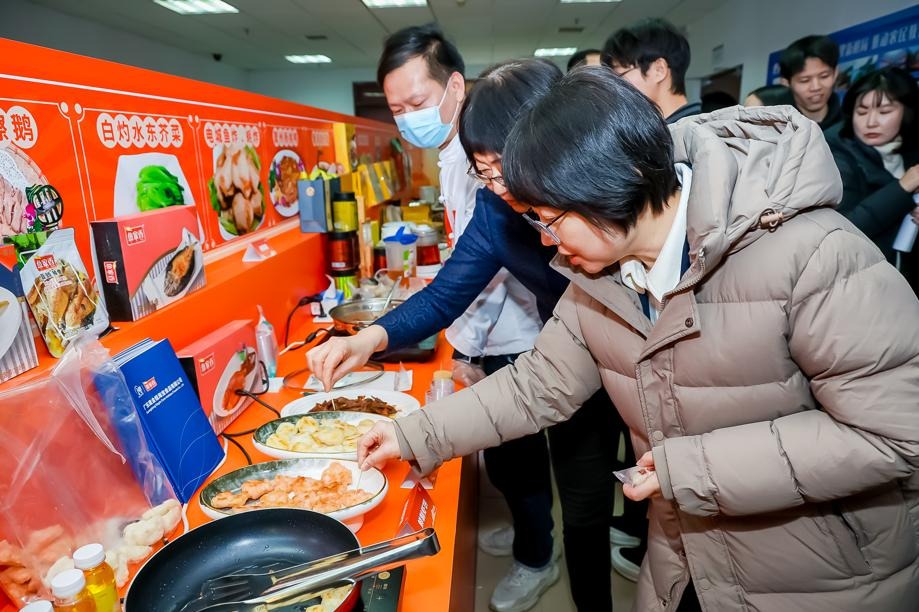Creating heroes of different stripes
Being optimistic about China's future and committed to transforming CityUHK into a hub for innovation and entrepreneurship, the university leader aims to leverage his vast experience and solutions-oriented mindset to drive the institution's growth and contribute to Hong Kong's technology development


Fostering innovative thinking
The SAR has been pushing the boundaries of innovation and technology, which, in Boey's view, requires a fundamental shift in mindset.
He introduced a set of innovation-focused concepts at CityUHK, such as requiring universities to transition from passive teaching to active learning-centered education, and from professor-led lectures to student-led exploration.
Universities should also inspire students to nurture their intrinsic motivation and curiosity.
Educators, on their part, need to help students develop strong communication skills and networking abilities as collaboration and interaction are important in this era, he says, and students should be encouraged to discover their unique paths instead of being solely driven by examinations. Exposure to diverse environments and cultures can play a significant role in this process.
Whether students aspire to be athletes, actors or scholars, CityUHK will create an ecosystem for them to find their inspiration and path, says Boey.
To bring these innovative ideas to fruition, the CityUHK chief has launched various initiatives since assuming the post. In January this year, the university set up the Academy of Innovation, offering programs, including doctorates in innovation, the Master of Science in Venture Creation, the Graduate Research and Innovation Trek Program, and the Overseas Start-up Technology Entrepreneur Programme.
Boey says the academy's emphasis on practical research does not imply a compromise on the level of research conducted. On the contrary, the college will focus on tackling world-class research, striving for the highest level of excellence. It also emphasizes deep-tech venture creation and intends to develop a leading ecosystem to incubate deep-tech startups.
Students at the academy will be inventors creating value for society, and can be entrepreneurs to generate job opportunities for other scientists, not just job seekers. Initially, it may not be smooth sailing for them in their business ventures, but setbacks are valuable learning experiences, shaping their path to eventual success, says Boey.
Among the programs the academy offers, the MSc in Venture Creation program had received 233 applications by late April from students on the Chinese mainland, Hong Kong and Southeast Asia. "I don't need a decade. Within five to six years, the academy will have nurtured several hundred young students with experience in deep-tech startups, ready to embark on their entrepreneurial endeavors."
Singapore has made significant strides in advancing innovation and technology but Hong Kong has the potential to run faster despite having started late, says Boey.
He observes that in Singapore, there's a tendency to deal with the potential risks and challenges first before considering the opportunities on offer. In Hong Kong, it's the opposite, with people tending to seize the opportunities before tackling the associated risks.
Hong Kong's proactive and opportunistic mindset has positioned the city well for innovation and entrepreneurial success. "In this regard, I'm upbeat about Hong Kong's technology development."
- Shanghai to enhance community healthcare centers
- Shanghai continues to enrich ecological environment
- Shanghai to enhance education reform aligned with social needs
- Shanghai adds 622,000 new urban jobs in 2024
- Shanghai ramps up elderly care amid aging population
- Shanghai ramps up urban renewal to boost living quality





































